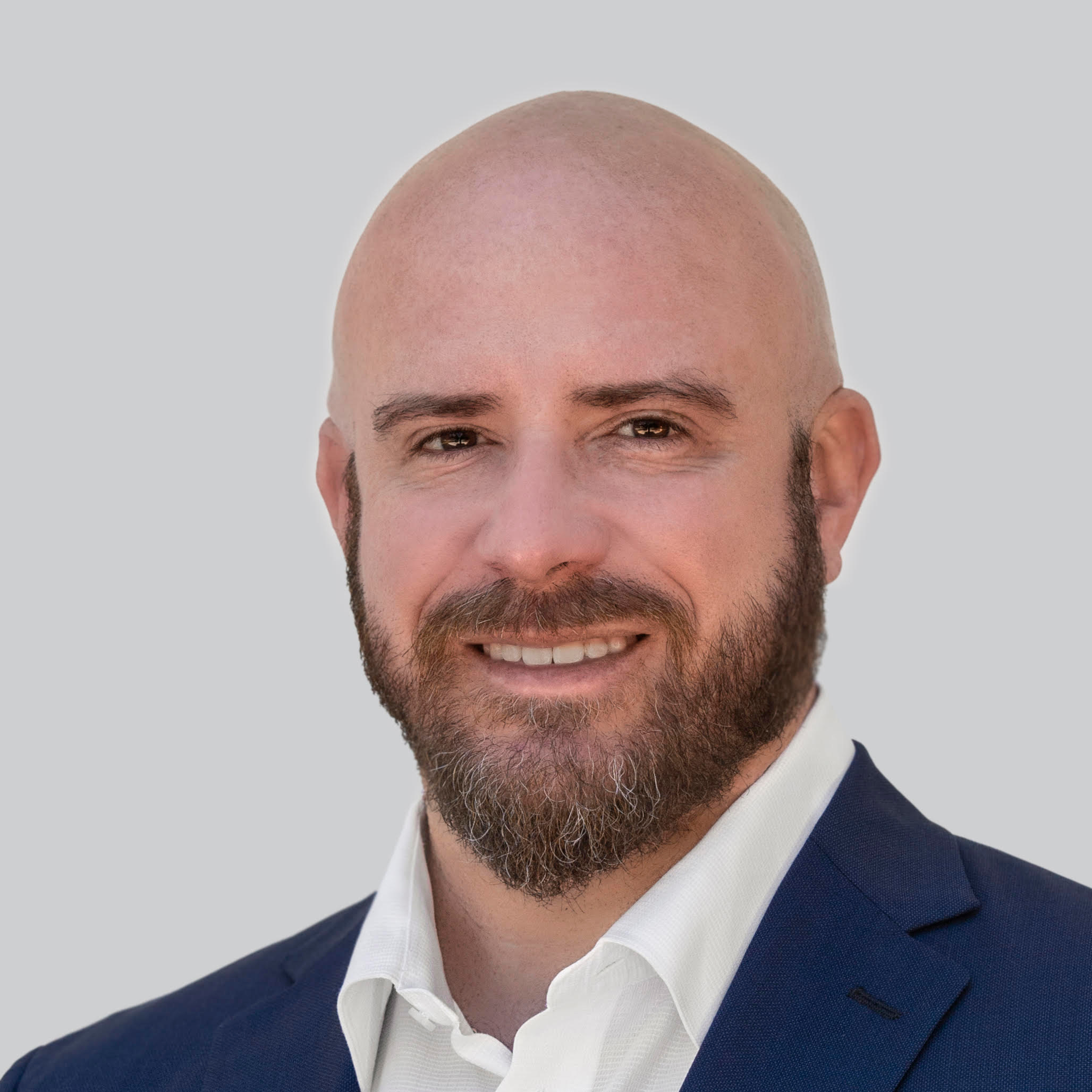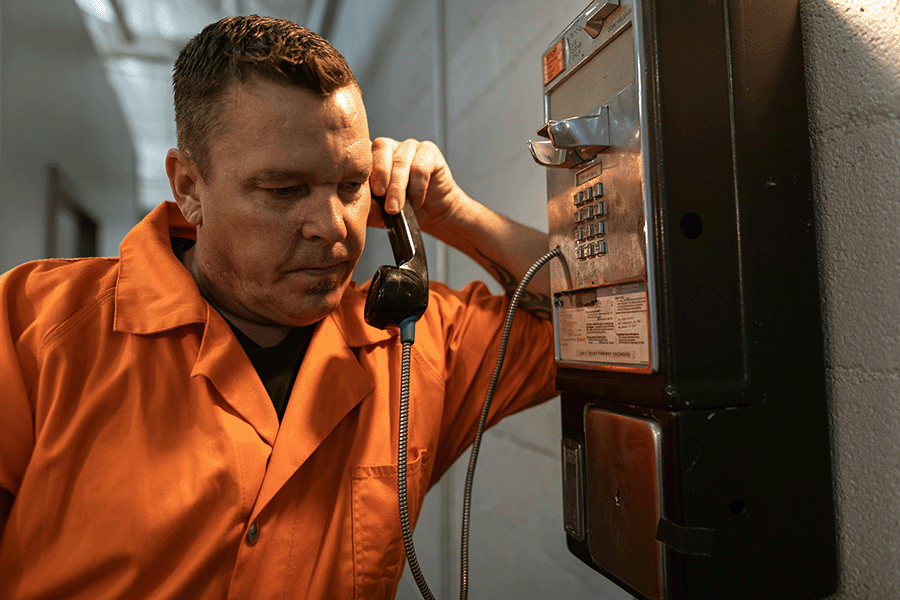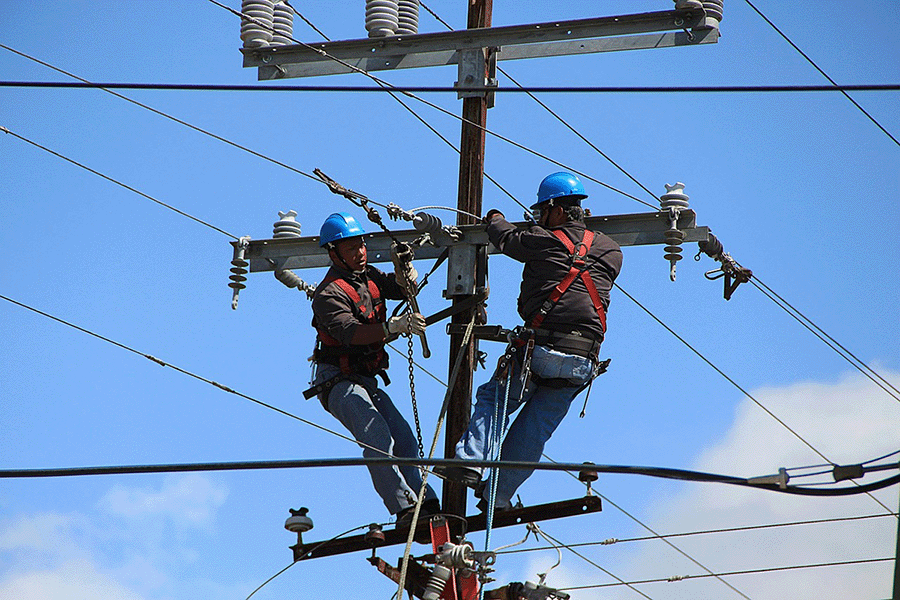Whether you use a smartphone, business line, or home telephone, unwanted and sometimes illegal robocalls are an unfortunate part of our daily lives. For millions of consumers each year, fraud starts with a phone call, leading to confusion at best and outright theft at worst.
The Federal Communications Commission (FCC) and Federal Trade Commission (FTC) report that robocalls and telemarketing dials stand at the top of their yearly list as their most frequent consumer complaints. State Attorneys General offices are also swamped with similar reports. The primary challenge that Commio and every VoIP, wireline, wireless, and cable company faces in combating illegal robocalls is the proliferation of technology that makes it easy to power thousands of dials, then adapt to attempts to identify, track and avoid detection.
The Industry Traceback Group (ITG) is a collaborative effort of companies from across the communications industry that actively traces the source of illegal robocalls. The mission of the ITG is to facilitate a neutral coordination platform for voice service providers to identify the source of illegal robocalls to protect voice networks and consumers from fraudulent, abusive and/or unlawful robocalls.
How Commio is Helping the Fight Against Robocalls
As an affiliate member of ITG, Commio works in lockstep with its 40 carriers, the government, and other industry leaders to advocate for aggressive civil and criminal enforcement and provide call-blocking tools and technology to put consumers in control of their communications. State Attorney Generals along with voice service providers including Commio are being led by USTelecom to combat this pervasive problem with STIR/SHAKEN compliance.
The Federal Communications Commission’s Enforcement Bureau designated the ITG as the Official Consortium for coordinating industry-led efforts to trace back the origin of suspected unlawful robocalls. Officially, the ITG operates under the Communications Act (Section 222(d) (2)) which permits telecommunications carriers to disclose and/or permit access to Customer Proprietary Network Information (CPNI) if suspected fraud, abuse or unlawful use of services exist.
“Today’s FCC announcement is an important recognition of our technology, our commitment, and our success fighting the scammers and spoofers who pollute our shared communications networks with these illegal robocalls,” said USTelecom CEO and President Jonathan Spalter. “Our team of providers across the wireline, wireless, VoIP and cable industries are focused on tracing the source of illegal robocalls around the world and coordinating with federal and state enforcement agencies to bring criminals to justice. As the FCC’s registered traceback consortium, we intend to continue our laser-like scrutiny not just on robocall scammers, but the under the radar providers who let junk calls onto the network in the first place.”
Latest Efforts: Extended Deadlines, Tracing Calls & Sourcing
The FCC initially voted to allow and encourage carriers to block unverified IDs by default using STIR/SHAKEN, but then mandated it. The service will be free of charge. Congress initially voted in December 2019 to mandate the regime, giving carriers 18 months after passage to have it in place, with a June 2021 deadline. Commio is working ahead of this moving target to ensure that its customers are in compliance.
On December 23, 2020 the FCC released its annual report to Congress on robocalls, as required by the TRACED Act. The report relies in part on data submitted to the FCC by the ITG (see below), and includes a list of providers that have participated in ITG tracebacks, as well as those that have failed to respond.
On December 4, 2020 the FCC’s Public Notice (DA 20-1454) outlined requests for implementation extensions from several service providers that may push back the mandated start date. Stating that the Commission granted certain categories of voice service providers an extension from this implementation deadline, it established a process whereby voice service providers may file individual petitions for an extension on the basis of undue hardship.
Those portions of a voice service provider’s network that rely on non-IP technology are deemed subject to a continuing extension but providers must work to develop a non-IP solution or upgrade their networks to support the STIR/SHAKEN framework. The Wireline Competition Bureau is seeking comment on four timely-filed extension requests and on a related petition for declaratory ruling:
Verizon seeks a declaratory ruling that a “specific and limited” portion of its Plain Old Telephone Service network “falls outside the scope of the TRACED Act’s STIR/SHAKEN implementation mandate.” Verizon alternatively seeks a three-year extension to implement STIR/SHAKEN on that portion of its network.
AT&T seeks a one-year extension for “two discrete gaps” in its IP network that it has recently identified as unable to support STIR/SHAKEN.
Lumen seeks a six-month extension for its entire IP network “to accommodate the potential for specific equipment-related delays.”
U.S. Cellular seeks an extension for both its IP and non-IP networks. For its IP networks, U.S. Cellular requests an extension regarding traffic for which it has not yet “complete[d] interconnection with other carriers with which it has an SIP interconnection agreement . . . until such time that such interconnection is completed.” For its non-IP networks, U.S. Cellular requests an extension until it can complete migration of non-IP customers to its STIR/SHAKEN-enabled IP network.
The ITG consortium coordinates with voice service providers upstream and downstream within the call path seeking to identify the source of and eliminate illegal robocall traffic in addition to supporting federal and state law enforcement agencies to identify non-cooperative providers so they can take enforcement action, as appropriate.
The ITG has more than 30 voice service provider members whose operations are guided by detailed written policies and procedures. As you might be aware, the origination, delivery, and termination of robocalls involve numerous voice service providers in a complex ecosystem. More than 100 voice service providers have participated in ITG tracebacks of suspected illegal robocalls to date.
The first annual ITG progress report highlighted the group’s activity in 2019-2020. ITG members conducted over 1,000 tracebacks, implicating more than 10 million illegal robocalls. 100+ companies participated in ITG traceback investigations, resulting in more than 20 subpoenas and/or civil investigative demands from federal and state enforcement agencies. Download the USTelecom ITG 2019 Progress Report here. Learn more by visiting the ITG website or download details of the latest traceback efforts (PDF) in 2020.
Learn how Commio is leading STIR/SHAKEN compliance, and together we can bring robocallers to justice.

















